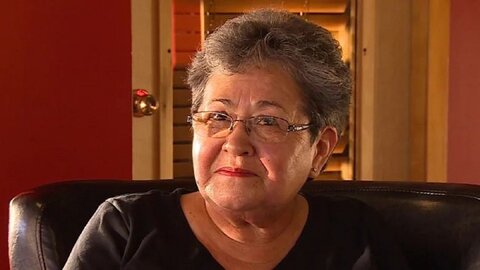Hawzah News Agency – The pope's apology to First Nations, Inuit and Métis delegations in Rome two weeks ago has evoked mixed reactions from Yukon Indigenous leaders and survivors of residential schools.
"I think it's a beginning and to me, it's an acknowledgement for sure," said Adeline Webber, who heard the apology in person as the Yukon delegate for the Assembly of First Nations.
But Rose Caesar, who survived the Lower Post, B.C., residential school that was run by the Catholic Church, didn't care for it.
"As far as I'm concerned, apologies don't help to end the suffering of us all in Indian residential schools that impacted intergenerational suffering," said the Liard First Nation member in Watson Lake.
As for Joanne Henry, the executive director of the Committee on Abuse in Residential Schools, who is also a survivor of the former residential school in Lower Post. B.C., she's still trying to wrap her head around the apology.
"I was sort of like, nah, I don't care… [I]f he apologizes, okay. If he doesn't, well, whatever, you know. And then when he actually did it, it actually did strike a little chord," she said.
The pope apologized for the conduct of some members of the Catholic Church in Canada's residential school system but didn't apologize for the church's role. He also expressed sorrow and shame for the role those people played in the abuses.
Henry said the Pope didn't mention sexual abuses, unmarked graves or the intergenerational trauma the schools caused, and the fact the apology didn't cover those issues is part of the reason she's still wondering what it did for her.
She wonders whether the pope – who is scheduled to come to Canada in July – will make a full apology then or come with the attitude that the apology he made in Rome is it.
And she said the intergenerational trauma that resulted from what happened in residential schools is still easy to see in the community.
"It affected the age group before me, which would be our parents and then us, and then our kids and now our kids and their kids," she said. "There's still so much tragedy."
And that's why Rose Caesar doesn't care for the apology.
She said Indigenous people were taught at residential schools that "being an Indian wasn't good and we passed on these kind of teachings to our children and we really never guided them," she said.
"Could you imagine the impact it has on our next generation and the generation after, with their children, with the way they were taught as kids?" she asked.
"There's just too much suffering to really think about an apology, I think."
Caesar says she's hopeful for the future but there's a lot of work to be done.
She said that instead of apologizing, the church could extend some help to First Nations communities so they can develop programs to help them heal "our own way, and nor just give us money and say 'this is how you have to spend it.'"

